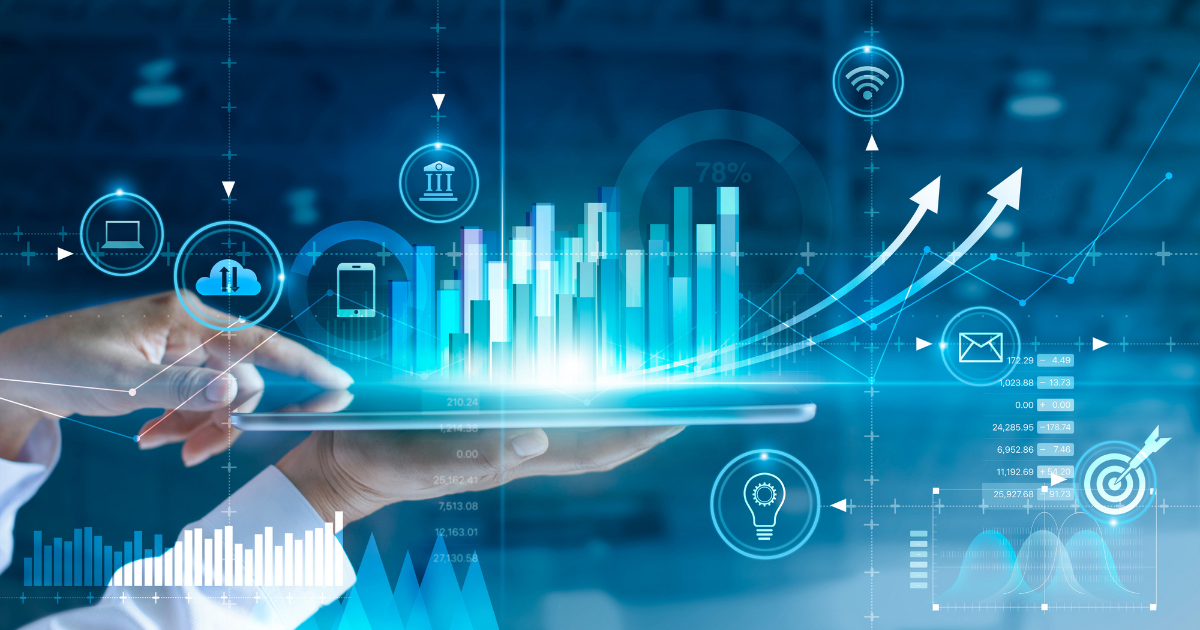
In today’s rapidly evolving business landscape, entrepreneurs face the dual challenge of achieving business success while contributing to a sustainable future. The good news is that technology and sustainability are not mutually exclusive. In fact, business and environmental expert Vikki Gerrard La Crosse says they can go together to drive professional growth. In this article, we’ll explore how entrepreneurs can harness sustainable technologies to propel their businesses forward while positively impacting the planet.
Embracing the Power of Renewable Energy
One of the most impactful ways entrepreneurs can drive sustainability in their businesses is by adopting renewable energy sources. By harnessing the power of solar panels, wind turbines, and other green energy solutions, you reduce your carbon footprint and cut down on energy costs in the long run.
Imagine the sun’s rays gracefully bathing your office or production facility, generating clean, sustainable energy that powers your operations. This proactive step demonstrates your unwavering commitment to the environment, resonating with environmentally-conscious customers and investors who value businesses that prioritize sustainability. Embrace the potential of renewable energy and pave the way for a greener future!
Leveraging the Internet of Things (IoT)
The Internet of Things (IoT) has revolutionized the way businesses operate. By connecting devices and equipment to the internet, entrepreneurs can monitor and manage operations remotely, increasing efficiency and reducing resource consumption.
For instance, IoT sensors can help optimize energy usage by automatically adjusting lighting and heating systems based on occupancy. Vikki Gerrard La Crosse WI says that this not only saves money but also reduces energy waste.
The Role of Sustainable Packaging
Sustainable packaging has become a key consideration for businesses in a world that’s becoming increasingly environmentally aware. Entrepreneurs can tap into this trend by adopting packaging materials that are eco-friendly and easily recyclable. By using biodegradable materials or designing packaging that requires less material overall, you reduce your environmental impact and cater to a growing market of eco-conscious consumers.
Embracing Remote Work and Virtual Collaboration
The COVID-19 pandemic has shown that remote work is possible and often more efficient. Embracing remote work reduces commuting emissions and allows you to tap into a global talent pool.
Virtual collaboration tools enable teams to work together seamlessly worldwide, reducing the need for business travel and its associated carbon footprint. Vikki Gerrard La Crosse explains that by embracing remote work, entrepreneurs can build a more sustainable work culture while expanding their reach.
Investing in Clean Transportation
Investing in clean transportation options is smart for entrepreneurs who rely on transportation as part of their business operations. Electric vehicles (EVs) are becoming increasingly accessible and affordable, significantly reducing carbon emissions compared to traditional gasoline-powered vehicles. Whether it’s a fleet of delivery vehicles or company cars, transitioning to EVs can showcase your commitment to sustainability while saving on fuel costs in the long term.
Adopting Circular Economy Practices
The linear “take, make, dispose” model is no longer sustainable. Entrepreneurs can contribute to a circular economy by designing products built to last, easily repairable, and recyclable. By implementing take-back programs where customers can return old products for recycling or refurbishment, you extend the lifespan of your products and reduce waste. Not only does this align with sustainable principles, but it also fosters customer loyalty by showcasing your commitment to long-term value.
Exploring Sustainable Agriculture
For entrepreneurs in the food and agriculture industry, the adoption of sustainable practices is not only crucial but also beneficial. By embracing technologies like precision agriculture, which involves using advanced tools and techniques to optimize resource usage, reduce water waste, and minimize the need for harmful pesticides and fertilizers, entrepreneurs can contribute to a more sustainable future.
Environmentalist Vikki Gerrard La Crosse WI says vertical farming and hydroponic systems also provide innovative solutions for growing crops in urban environments with limited space and resources. These methods utilize vertical structures and nutrient-rich water solutions to cultivate plants, promoting efficient land use and maximizing crop yields. By incorporating these sustainable agricultural practices into their operations, entrepreneurs can play a vital role in ensuring a more resilient and eco-friendly food supply chain, benefiting both the environment and society as a whole.
Harnessing Big Data for Sustainable Decision-Making
Data is a powerful asset for entrepreneurs aiming to drive sustainability in the digital age. Big data analytics offer insights into resource usage, consumer behavior, and environmental impact. Entrepreneurs can optimize operations, reduce waste, and design eco-friendly products by leveraging data.
Data-driven insights also help monitor progress toward sustainability goals, fostering continuous improvement and accountability. Embracing big data empowers entrepreneurs to make informed decisions, enhance competitiveness, and contribute to a greener future.
Leveraging Blockchain for Transparency
Blockchain technology has the immense potential to revolutionize supply chain transparency and traceability, bringing about a new era of trust and integrity. By leveraging blockchain, entrepreneurs can provide customers with not just real-time information about the origin and journey of their products but also a comprehensive view of the entire supply chain ecosystem.
This level of transparency enables consumers to make more informed choices, ensuring ethical sourcing, reducing the risk of counterfeit goods, and supporting sustainable sourcing practices and responsible production. With blockchain, the possibilities for enhancing supply chain management are endless, promising a future where transparency and trust are the norm.
Final Thoughts
In pursuing professional growth, entrepreneurs have a unique opportunity to integrate sustainability and technology to create a lasting impact. The options are plentiful, from renewable energy to IoT, sustainable packaging to circular economy practices. By adopting these sustainable technologies, entrepreneurs drive business success and contribute to a more environmentally conscious and resilient future. As the business landscape continues to evolve, those prioritizing sustainability will be well-positioned to thrive in a world that demands responsible practices.
Leave a Reply